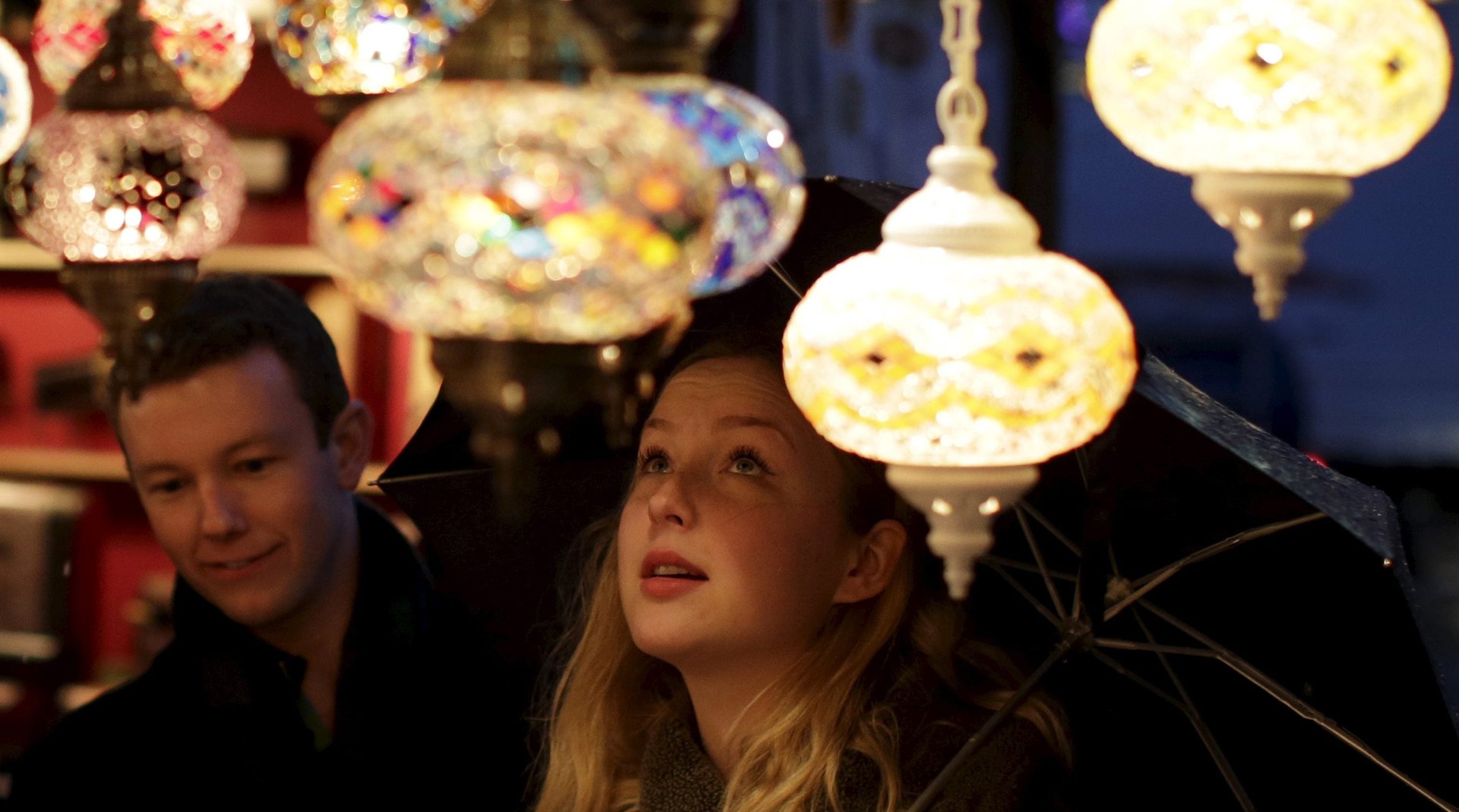A psychologist explains why it’s better to give one gift instead of multiple presents
There is something about holiday gift-giving that feels really unpredictable. What feels like a sure win can fall flat, while an impulse buy goes over big.


There is something about holiday gift-giving that feels really unpredictable. What feels like a sure win can fall flat, while an impulse buy goes over big.
I once gave my husband a $300 sweater that he greeted with mild hostility. (He thought it was too expensive, and he was annoyed that it required dry cleaning.) Another time, a $15 coffee mug shaped like R2D2 was the biggest hit under the tree (“I can use it all year!”). This can cause perfectionists like me no small anxiety—I really want to please my loved ones, and so sometimes I’ll hedge my bets with multiple gifts. If my sister doesn’t like the necklace I got her, I think, maybe she’ll like the scented candle or the cactus or the coffee thermos.
But the psychology of gift-giving suggests there’s no need to overcompensate by showering loads of presents on loved ones. The recipient is likely to be a lot happier with one single, well-considered gift than with a bounty. Here’s why:
1. The averaging effect
When experiences occur very closely together in time, your brain lumps them together into one episodic memory with one emotional tag. When it comes to gift-giving, consumer psychologists refer to this as the “averaging effect.”
Let’s imagine you go to a lot of trouble to knit your mom a beautiful sweater in her favorite color. Imagine how pleased she’ll be when you present it: her anticipation as she unwraps the box, her pleased expression as she tries it on, her appreciation at the fact that you devoted so much effort to hand-crafting a gift just for her.
Now, instead, imagine that you give your mom a more boring gift: say, a pair of plain gray socks you bought at Target. How would she respond? She’d probably thank you politely, but she’d be much less likely to make a fuss.
Assuming that you give her both of these gifts together on Christmas morning, she’ll likely lump the experience of receiving those two gifts together—thereby creating a weighted average of the two experiences, which becomes her overall impression. In other words, your mom’s memories of getting that beautiful sweater will be less positive because you gave her the socks.
2. The paradox of choice
Barry Schwartz, a social psychologist from Swarthmore University, wrote a book back in 2004 called the Paradox of Choice. What most people remember from this book involves his explanation of how people experience buying jam at the grocery store. Essentially, if you are presented with 33 jams, you are far less likely to purchase any jam at all than if you are presented with only three options. The big takeaway is that when we’re presented with too many choices, we feel overwhelmed and wind up being forced into paralysis.
A less well-known finding that Schwartz discusses is that choice dramatically raises our expectations—this is part of the reason why we don’t buy the jam. When we are faced with the prospect of choosing between raspberry preserves or gooseberry jelly or organic strawberry-rhubarb jam or orange marmalade or apple butter or cherry-jalapeno or apricot-thyme and on and on, we become convinced that it may be possible to purchase the perfect jam. We will be satisfied with nothing less. And when our expectations rise, so does the risk of being disappointed. This risk causes us to avoid making a choice altogether.
Consider how this applies to the gifts under the Christmas tree. You really want to your appreciation for your partner this year, and you’ve gotten her six beautifully wrapped gifts. Unconsciously, this will make her expectations increase. And so when she opens the packages, she’ll be less likely to think that any one of them is absolutely, categorically perfect. She will, inevitably, feel a little disappointed—much more so than if she’d been presented with a single (thoughtful) gift.
3. The downside of extreme generosity
Being generous is a wonderful thing. People experience very real boosts in mood when giving gifts. In fact, people who give generously are happier, healthier, and have better marriages than those who are grinchy.
But, as with all positive things in life, you can take generosity too far. If you find that you often provide larger, more expensive gifts than you receive, the effect might be the opposite of what you would hope. Studies show that people tend to dislike excessive givers just as much as people who are overly selfish. That’s because they feel bad when they contemplate the disparity between what you gave them and what they gave you—which far outweighs their appreciation for the gift.
The takeaway is reassuringly clear: Though the desire to go overboard with gift-giving is understandable, the best way to make your loved ones happy is to get them a single, thoughtful, reasonably-priced gift.